A series on exploration, Part 1: to the roots of exploration
And an overview of some major events
Austronesian migrations
For tens of thousands of years, the early settlers of Southeast Asia remained near the shore, poking timidly into the great Pacific Ocean. Then, about 6000 years ago, they broke through and sailed into the wind aboard their va’a tauna, double-hulled ships able to travel far and swiftly. As true explorers, they cleverly went into the wind. It was not a rare occurrence for explorers to sail right into the wind or at a close angle, as it is the only method that allows for trial and error while exploring the unknown. If food or health diminishes, it is always possible to turn back and let it blow at full strength to push the ship back home. An easy way to get the lay of the land and safely return to tell everyone.
Around the year 0 of the Common Era, they had colonized almost all of the ocean. Peerless seafarers, the Austronesian culture spread across the seas to form what will be called later the Polynesian triangle: the expanse of their settlements, its extremities being the Easter Island, the northern Hawai'i, and finally New Zealand. Later findings suggest that they even went as far as to set foot and trade with the population of Chile, in South America. This means that sometime between 700 and 1350, Polynesian people may be the very first discoverers of America.
Now, why did they go to such length to inhabit a whole ocean? There does not seem to be a grand scheme of world domination. It is more likely that it was an organic process. At times when lands became too cramped for the growth of the population and folks were faced with food shortages, it was custom for children except first-borns to be neglected. The eldest had all and the other children had no choice but to leave their homeland to seek a better life. At other times, warfaring clans invaded and conquered weaker people, forcing them into exile. Finally, such seafaring people probably explored for the great joy of discovery.
The Norse saga
When I wrote above that Polynesians may be the first outsiders to set foot in America, it may be inaccurate. We don't know the exact date of their arrival, but the same is not true for the precisely dated Norse landing. Around 997 CE, a small crew settled at the northernmost tip of Newfoundland. Nothing too big, no more than nine buildings. It all begins with the Viking age, which was not kickstarted by the bloodthirst of barbaric raiders, but rather by the timeless need for more land and the pressure of demographic growth. They desired to trade with other people, fortune, fame, and generally to satiate their curiosity and quest for a better life. The plunders were but outliers of the Norse migration.
They had little land to claim in the south and east, due to powerful kingdoms ruling over Europe, so they turned west and sailed the unknown waters of the North Atlantic. To this deed, they used a peculiar boat, the knarr, and defied the conventional way of maritime exploration. They took off with the wind blowing in their back, at full speed for they had one of the fastest ocean-sailing ships of their time, faster even than 15th-century caravels. Assuming the spherical shape of the Earth, they were certain to hit land eventually.
With a general idea of where they were going, they went to Iceland, and Greenland before finally reaching North America. During their travels, they encountered fleetingly pre-Inuit people of Greenland, and most importantly aboriginal people of America. Doing so they closed the circle of the human migration, reuniting for some time the branch that went West to inhabit Europe and the branch that went East and colonized Asia before crossing the Bering Strait to America. Although this first American contact did not change much for the people of Europe, it was only a foretaste of what was to come.
The Age of Exploration
This is undoubtfully the most documented exploration period in history, and perhaps the most grandiose. Where previous explorers only poked around the known ground, Christopher Columbus was one daring fellow. He was not the only one thinking about the west as a route for India and China, it was only a matter of time before someone had enough funding to attempt the trip. And this someone was him. He made it to America and back, told the story of what wonders he had seen, and changed the course of the world forever. A whole continent laid there, untouched and ready to be picked up by Spanish conquistadors.
This exploration story is one of bloody, violent conquest. The names of some European invaders have made it down history, such as Juan Ponce de León for his conquest of Porto Rico and the legend of the fountain of youth, or Francisco Pizarro who subdued numerous American empires thanks to his overwhelming technological advantage. The Europeans spread deadly diseases and annihilated most of the South American population. No episode of exploration in history has been or will ever be as horrible.
However, it was not all the age of exploration brought. The trip of Columbus aimed to secure a new trade route after the blockade of Constantinople. Spain and Portugal, two major powers of the time, explored many alternative paths. Bartolomeu Dias trailblazed the way to the Cape of Good Hope, for Vasco Da Gama to cross it in 1497, showing that a route around Africa was possible to reach India. With both Columbus and Da Gama's feats, everything seemed possible. Ferdinand Magellan was convinced that there was a way to the East after America. An epic journey, full of dangers and uncertainty that eventually cost Magellan his life. At the end of the day, this fantastic bet was successful. His crew completed the very first circumnavigation of the Earth through losses and wounds. Even though the strait that now bears his name proved too hard to be a reliable route, this phenomenal achievement gave the full measure of Earth's dimensions.
The age of exploration and the one of conquest that followed it differ from the previous ones by their motive. The Europeans had enough land and did not actively seek a better life. Even though what motivated the glorious captains was the joy of exploration and discovery, they only fulfilled their wanderlust thanks to the funding of royal and rich patrons. The common goal of the expeditions was to secure new trade routes, in order to strengthen commerce. As it will be for the next centuries, it was about money. True discoveries, such as Columbus's landfall in America, were the fruit of happy accidents, far from the original goal.
- What is exploration
- - Can we explore an inhabitated world?
- - Consequences
- An overview of exploration periods
- - The early human migrations
- - Austronesian migrations
- - The Norse Saga
- - The Age of exploration
- - Modern Age exploration
- The cost of exploration
- The Explorer Gene
- In popular culture
- Worldbuilding exploration
- Writing exploration
- Roleplaying exploration
- References
Tupaia and James Cook
When Captain James Cook went on his first journey to the Pacific in 1769, he met a Tahitian priest named Tupaia. The man gave him a map of the Pacific island way more accurate than what any European cartographer of the time could provide. More than that, he was able to navigate between the archipelagos without relying on any tool, guiding Cook's ship to islands unknown to the explorer. He was said to be able to point toward Tahiti at any point of the day, whether clear or cloudy, without an ounce of doubt. His precious guidance spared Cook weeks if not months of hazardous travel in the vast ocean, and he served as a mediator with the indigenous people.

Zheng He, the great Chinese admiral
At the beginning of the 15th century, the greatest naval power was not European. Zheng He led seven maritime expeditions through the Indian Ocean, commanding a formidable fleet of 62 great junks, 225 support vessels, and 27.780 men. Now he did not really explore, as he discovered no new route or land. They were political expeditions, to gather tribute, subdue enemies and establish diplomatic relations. He is still remembered as a great explorer, for he led the most wondrous fleet of his age and traveled farther than almost anyone.
Unfortunately, his death in 1433 and the ascension of the Confucian faction caused the demise of the biggest fleet in the world. 8 years later, nothing was left of it and the Chinese potential to rule over the seas was definitely null and void.
Do animals explore ?
A most interesting question. Surely we cannot be the only ones with such an endeavor? Well, the different species did migrate through the world and speciate numerous times, but was it really exploration, or merely a blind search for more favorable land? Samely, we can't consider current bird or maritime animal cyclic migrations explorations. They both have a fixed destination and know the way to it. The forerunners that established the trajectories might be called animal explorers, but that's about it. What about wolfs exiled from their packs going to fund another elsewhere? This could be the closest example of exploration, even though it has the caveats previously exposed.
If you have any examples that could prove me wrong there, I will gladly hear them, as finding information on this particular topic proved harder than expected.


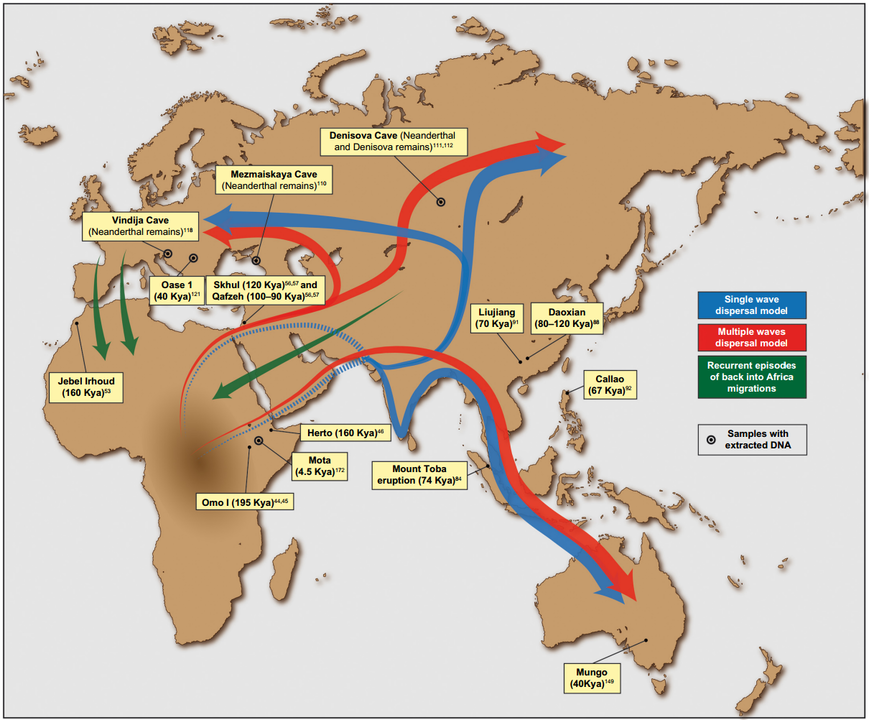
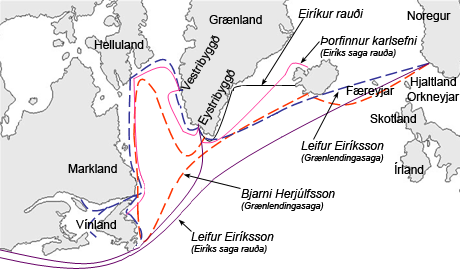
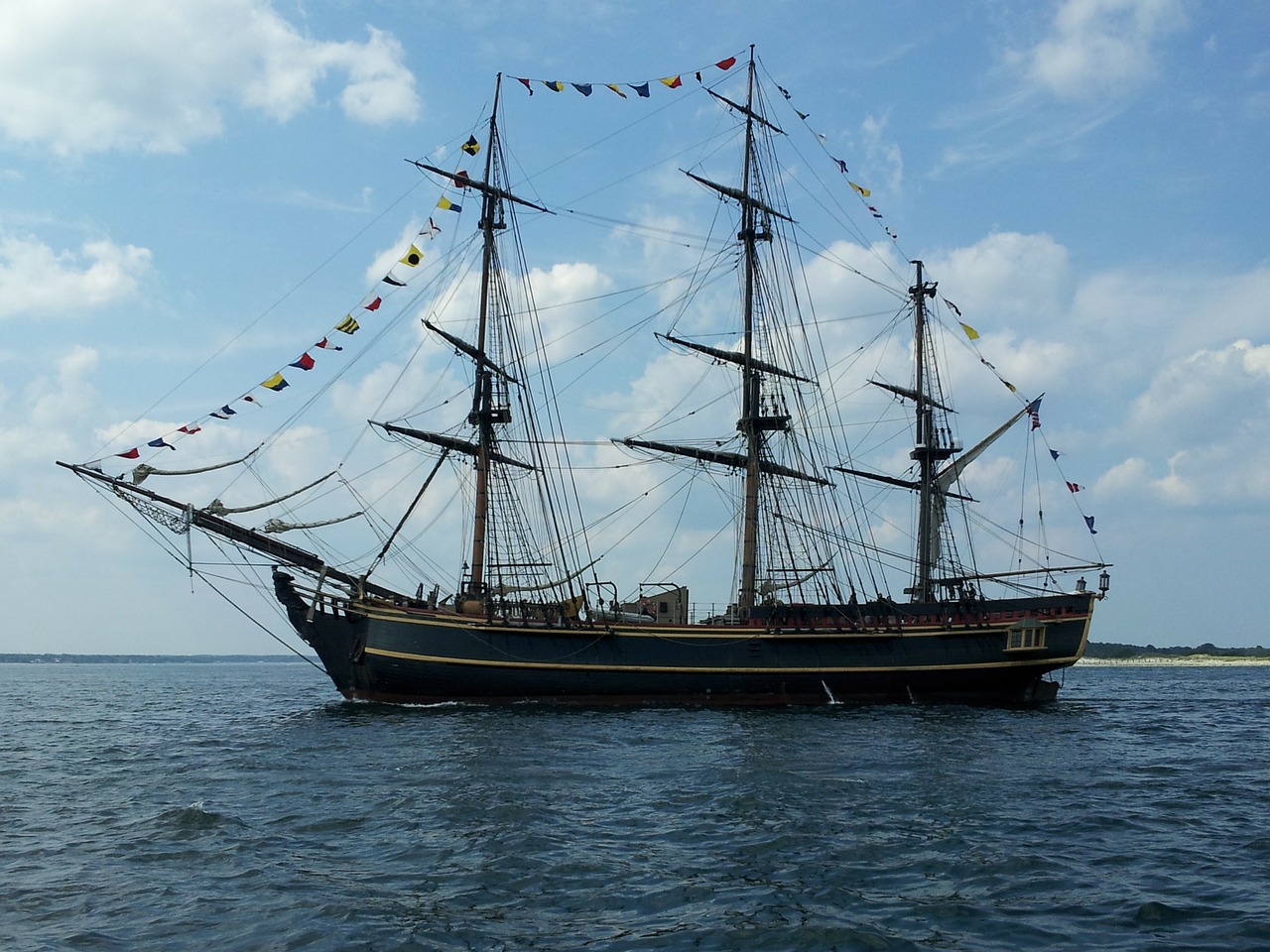
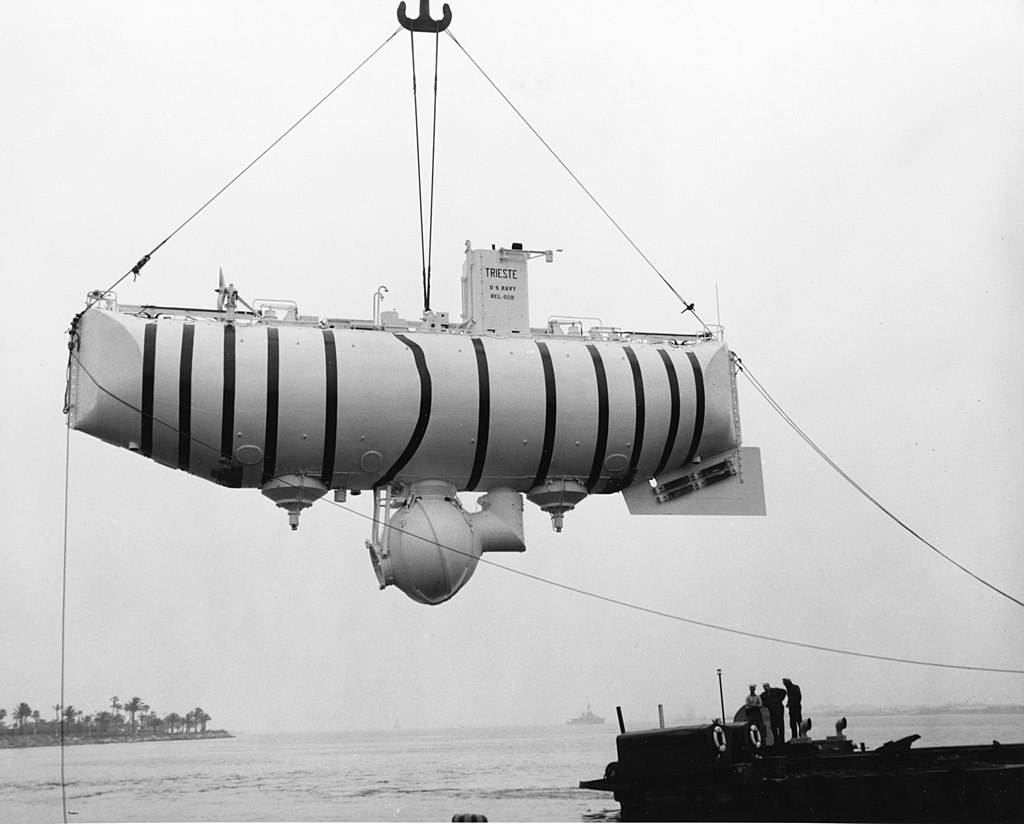
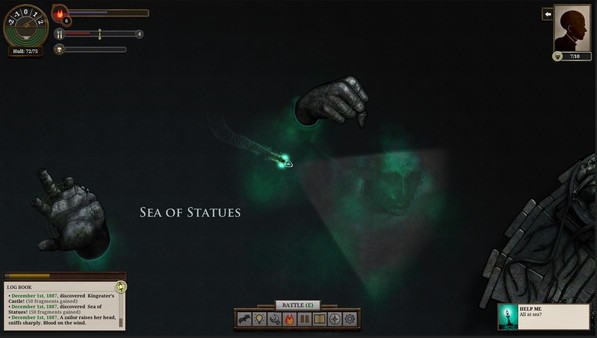
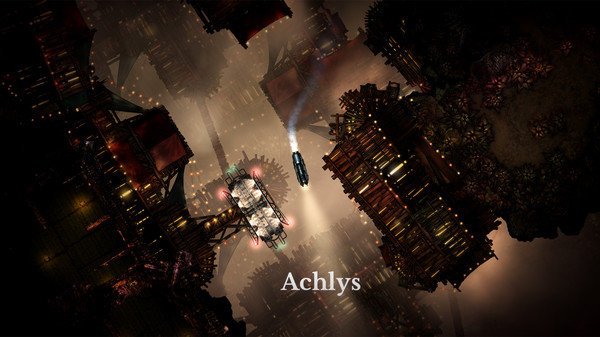

Wow! Like. Just wow. Ima keep this around for reference. It's so insightful. Well done here. You clearly put a lot of work into this. It's kind of mind blowing.
Thank you, It means a lot! It was long and a lot of research, but I like doing this stuff and if it can help anyone then it was all worth it :D
I plan on helping him out with many other articles at a simple request. If anyone has any questions of their own simply give me a call on my profile's guestbook